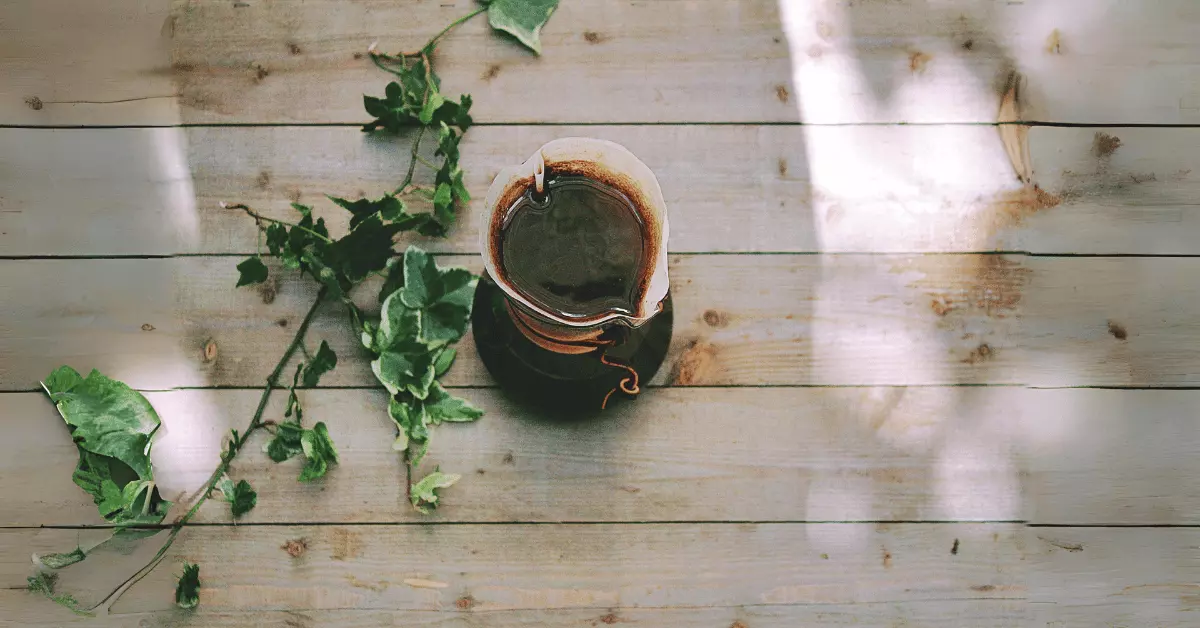
Like many people, you can also ask can brewed coffee be refrigerated. The answer is yes, brewed coffee can be refrigerated. Just put it in an airtight container and put it in the fridge. Your brewed coffee is refrigerated for some days.
Coffee is one of the most popular drinks around the world. There are many ways to make coffee and enjoy the flavour of it. However, brewing coffee every day may not be a pleasant thing to do for everyone. People who have jobs to do, and who are too busy to brew coffee every day, need a solution to store coffee. The most common solution to store any type of food or drink is storing it in the refrigerator.
However, there are some issues arising with brewed coffee when it’s in the refrigerator. That’s what we’ll discuss in detail. First, you can refrigerate brewed coffee without any doubt, but there are proper ways to store it. You can both increase or decrease the shelf life of coffee in the fridge.
4 Common Impacts of Refrigerating brewed coffee
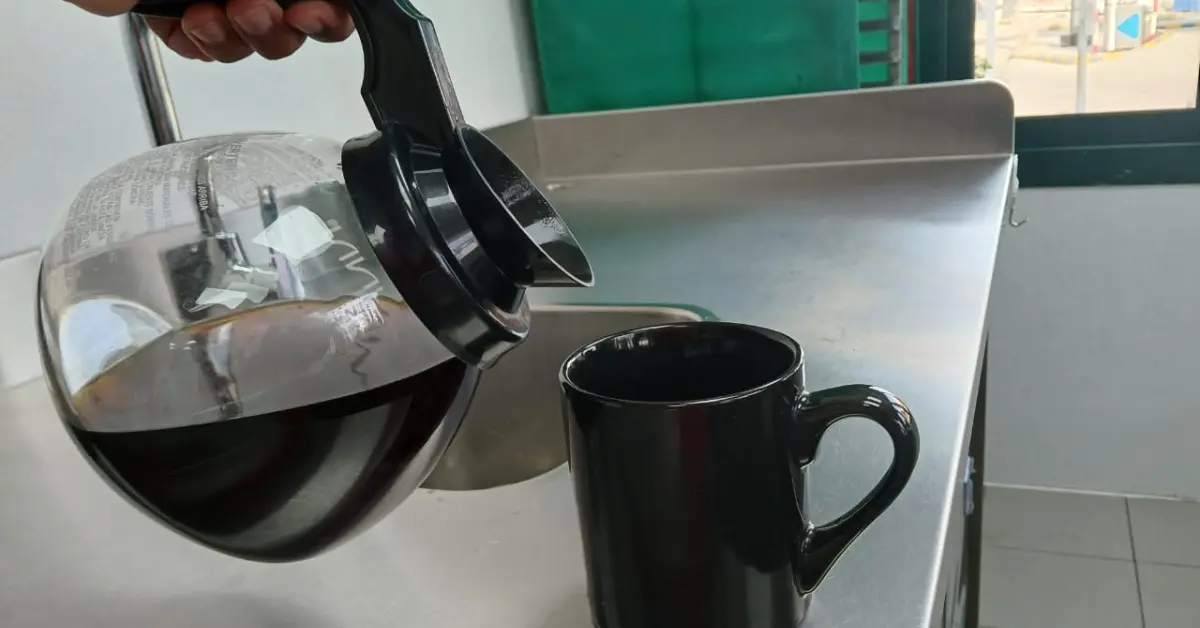
When you put your coffee in a refrigerator to increase the shield you cannot be sure if the flavour will remain the same. There won’t be much impact on the flavour if it is in the fridge for a minimal time. But if it is stored for a little longer then you might start to notice some changes. Let’s look at the impact of refrigeration of the brewed coffee.
- The coffee will cool down faster than it used to be. Yes, this may sound unorthodox but the chemical system of coffee makes it lose its heat faster once got out of the fridge.
- There might be a small change in taste, smell, and appearance. The taste may become more acidic and have a strong flair
- Refrigerating the coffee in the fridge exposes it to potential moisture which ruins the coffee completely
- Coffee grounds or coffee beans are best stored at room temperature. They lose their texture and aroma in the fridge. They should be stored in a dry area away from sunlight.
5 Proper way of refrigerating hot coffee
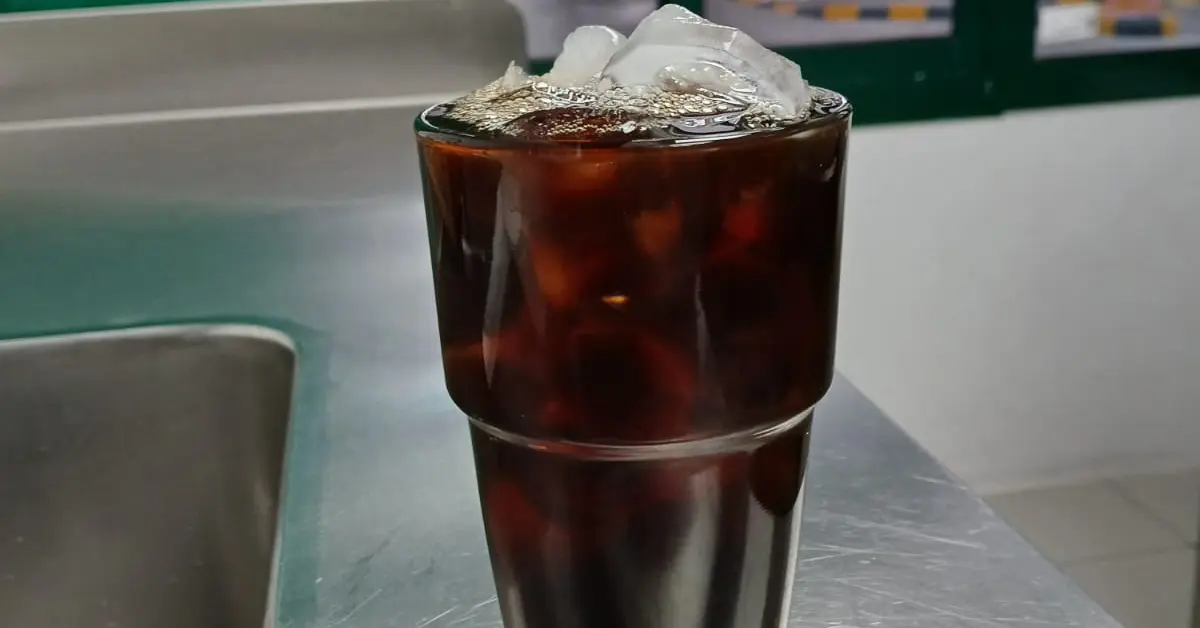
- Divide in small batches: the USDA recommends to divide in small batches anything hot before storing in the fridge. This will prevent the temperature from rising up inside the fridge and potentially affect other products
- Use air-tight containers: make sure to use an airtight container before storing in the fridge. Air can create oxidation in the coffee and ruin the flavour completely. It can absorb all the flavour from other foods and also the taste of the coffee may ruin.
- Put the coffee at the back of the refrigerator: normally the back of the fridge is colder than the frontal part of the fridge. Try to put it only 3 inches away from the back wall of the fridge, so that it remains at its optimal environment.
- Cool down before putting it in the fridge: This is one of the most important things to remember when storing coffee in the fridge. It will keep your coffee good, otherwise the taste and aroma will fade away sooner than expected.
- Do not put extra milk in the coffee: Coffee might be stored in the fridge for some days, but milk is not going to keep good for some days. Milk is one of those products where bacteria grow the fastest. Milk will spill quickly when it has a high temperature, ruining your coffee.
If you want to add milk to your coffee, do it before drinking it. To drink it get it our, slowly warm it at room temperature and then put it on the stove. Wait until the coffee is warm enough and now mix milk. That’s the proper way of mixing milk in coffee.
The Best 3 Ways of Reheating Refrigerated Coffee
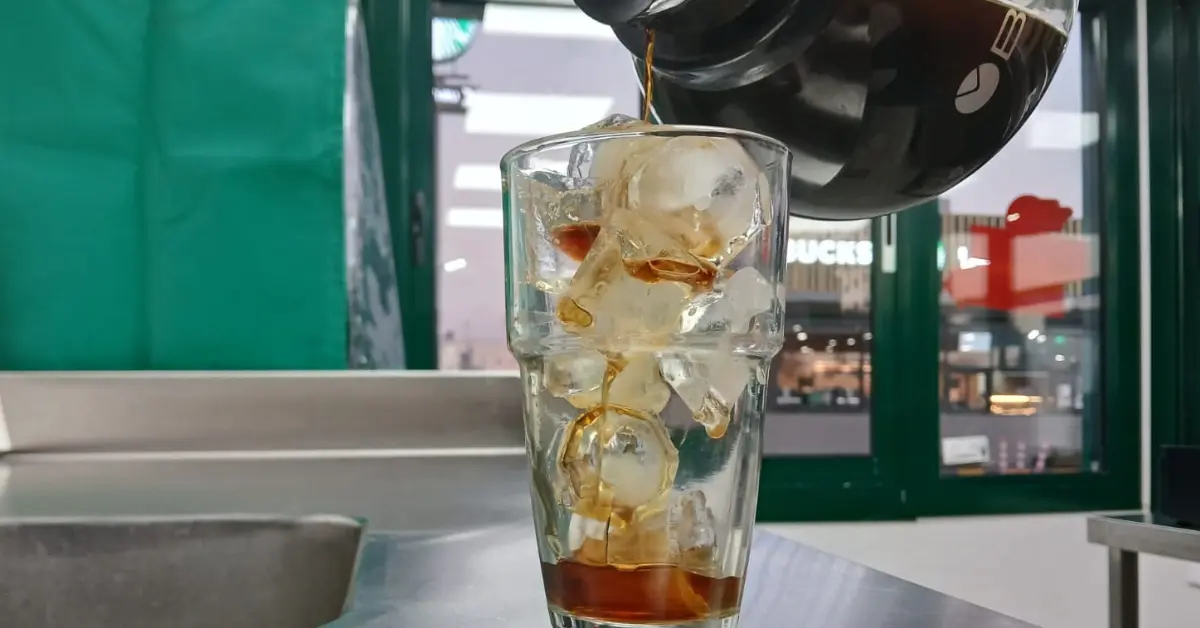
- Place your refrigerated coffee in a medium-sized pot, and put it on the stove. Put on medium heat (avoid high temperature)
- Slowly and steadily keep heating the coffee, and right before it starts to boil remove the pot from the stove.
- Pour the coffee into a nice mug, and enjoy your coffee. You can add milk, and other add-ons while on the stove.
However, some expert baristas don’t recommend reheating the coffee after it is refrigerated as it might ruin the taste. Some say never to reheat espresso because the flavour will ruin. Still, if you choose to refrigerate your coffee and then reheat it before drinking it again then use this method. There are other tools you can use to reheat, for example, a microwave, or even a toaster oven.
How much-brewed coffee lasts in the fridge?
There is no accurate answer to this question. Every coffee has a different shelf life, so you have to find it out by yourself by experimenting. However, we have an estimation of the shelf life in the refrigerator for different coffees.
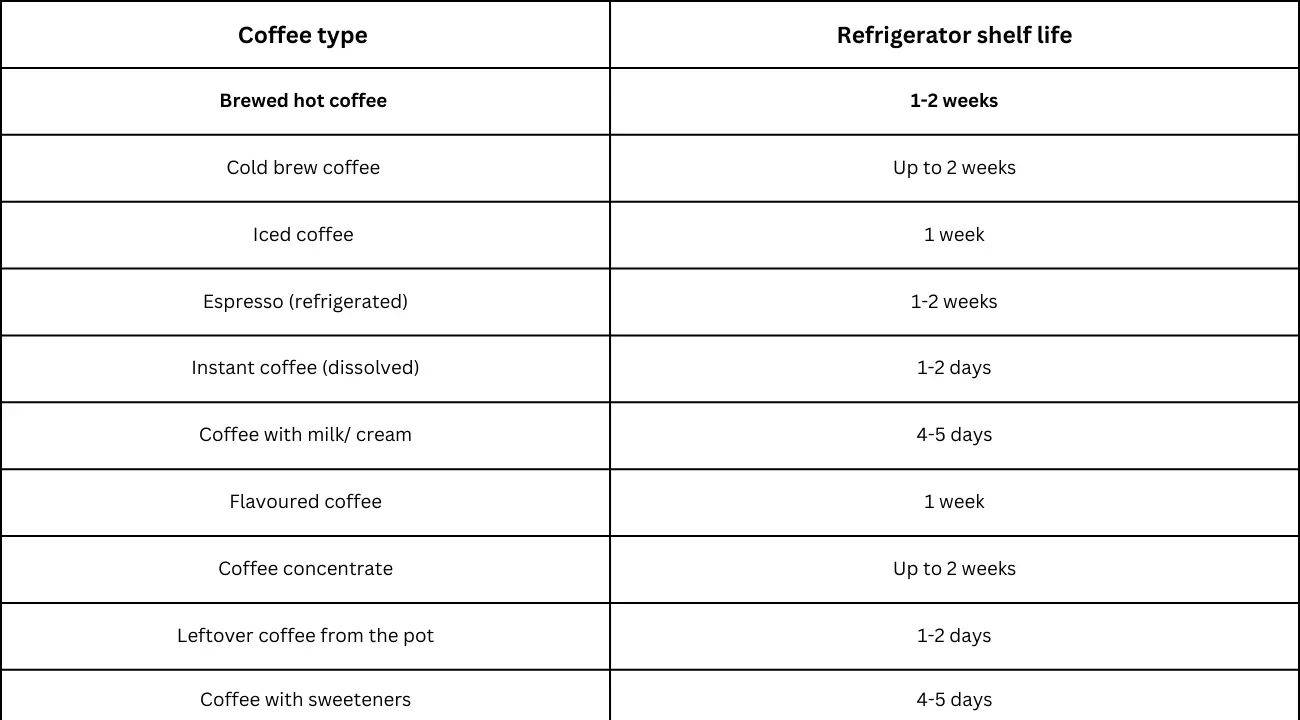
Remember this is not the ultimate and accurate shelf life this is the estimation from our experience. You can experiment with different coffee to find your estimation and let us know in the comments.
Remember whenever you mix milk or cream with any coffee whether it’s black or hot the shelf life drops significantly. That’s how much milk impact the shelf life.
4 Ways to Understand that Your Coffee Has Expired
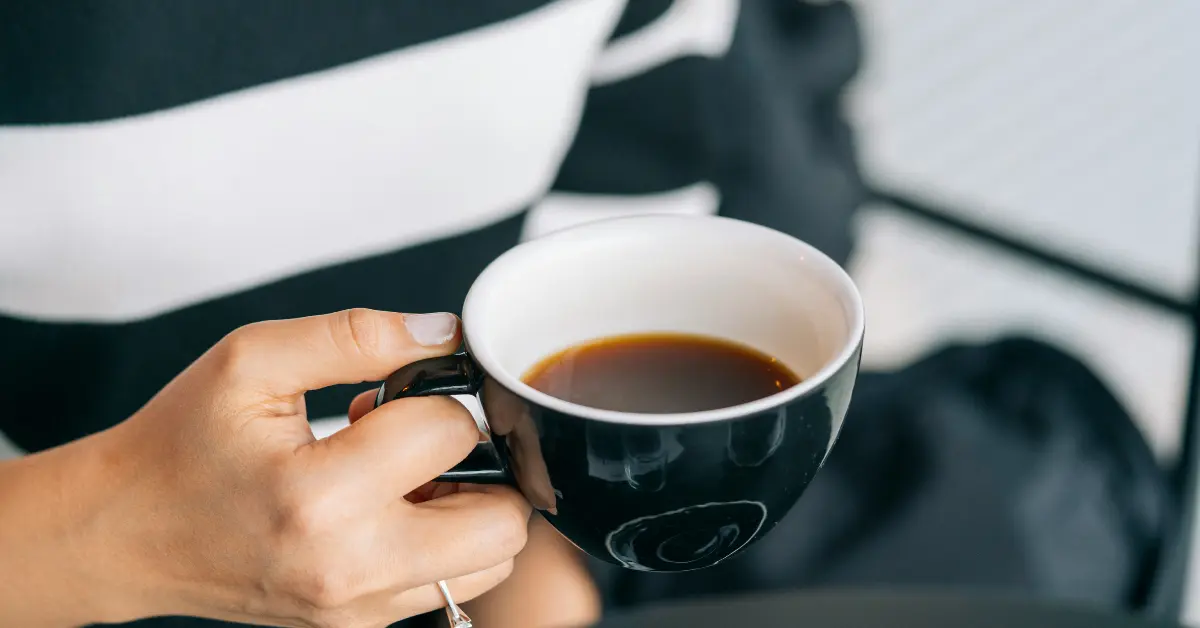
- Your coffee smells like cardboard or has a sour type taste. It means the oxygen in the air reacted with your coffee and caused this taste..
- Your coffee changed its color than it had before or has some mould on it. Now definitely it’s time to throw it out
- Your coffee may seem thicker than when it was brewed, or the sediment from coffee grounds settles in the bottom. While the top or the upper side of the coffee seems liquid, the bottom is thick. It’s time to throw it away.
- When coffee ages significantly, the natural oils within it can potentially separate from the water, turning rancid in the process.
Impacts of Drinking Expired Coffee
Let’s suppose you did not put your coffee in the refrigerator, and 1 week passed. Your coffee has already expired, and you mistakenly drank that coffee. Now, the question is should you worry? Well, in some sense yes you should worry. However, there’s good news for you. Coffee beans usually do not expire in a bad way. So, the maximum you might have some nausea after drinking expired coffee.
But the taste becomes so bad that you won’t be able to drink a full cup of expired coffee. Even then if you drink expired coffee regularly you will just pass some mild indigestion. However, I can guarantee you that you won’t like it, and you can’t finish a cup of expired coffee.
Common Mistakes to Avoid When Storing Coffee
- Keeping Excessive Air Exposure: Most people leave their coffee just open inside the fridge. By leaving with air exposure in the fridge is like leaving it outside the fridge. It will give you a maximum of 12-24 hours of storage. Then the oxidation will take place, and the aroma & flavour will start to fade.
- Incorrect temperature: extreme temperature variations, can negatively affect coffee. Try to store in a cool, consistent environment, and avoid the freezer for longer time storage.
- Moisture contact: Moisture is an enemy of the freshness of coffee. Store coffee in a moisture-resistant container to prevent it from absorbing it. Moisture can destroy your coffee’s taste completely.
- Extended storage: I have seen this problem in many people, they think once inside the fridge it’s over. Well, it’s not. If you put it in large quantities and for longer periods the aroma, and flavour will ultimately degrade. So, try to use it as soon as you can after storing it in the refrigerator.
- Using the wrong jar: Containers that don’t have a proper sealing system, which is not enough airtight are not to be used. Moreover, containers that have odour inside them, do not ever stored in these types of containers.
Things You Can Do with Leftover Coffee
Let’s say you used all the techniques shown in the article, let’s say you did the best you could, but still, there was some coffee left behind. Now you are thinking about what to do with the leftover coffee. Here we are,
Coffee storage isn’t an exact science, but why leave it to chance? Instead of discarding leftover coffee, explore various ways to repurpose it for added benefits.
1. Enhance Your Baking Experience:
Elevate your favourite cake or brownie recipes by substituting water with leftover coffee. The result? An extra rich and indulgent taste, especially effective in chocolate-based recipes.
2. DIY Coffee Liqueur for Home Cocktails:
Skip store-bought coffee liqueurs and create your own using extra coffee. It’s a delicious and simple way to elevate your home bar, adding a personalized touch to your cocktails.
3. Green Thumb Approved:
Believe it or not, your plants can benefit from leftover coffee. Coffee grounds act as a natural fertilizer, while caffeine adds nitrogen to the soil, promoting lush and robust plant growth. Dilute the coffee with water and give your plants an occasional nourishing boost.

I am Mojoon, a certified and award-winning barista by choice, with 7 years of experience in the field. I have served and trained coffee shop baristas worldwide. I worked at Krispy Kreme for an extended period, and now I aim to help regular people brew coffee like me. I pursue this job with my passion for writing and also provide one-on-one coaching for newly minted baristas.